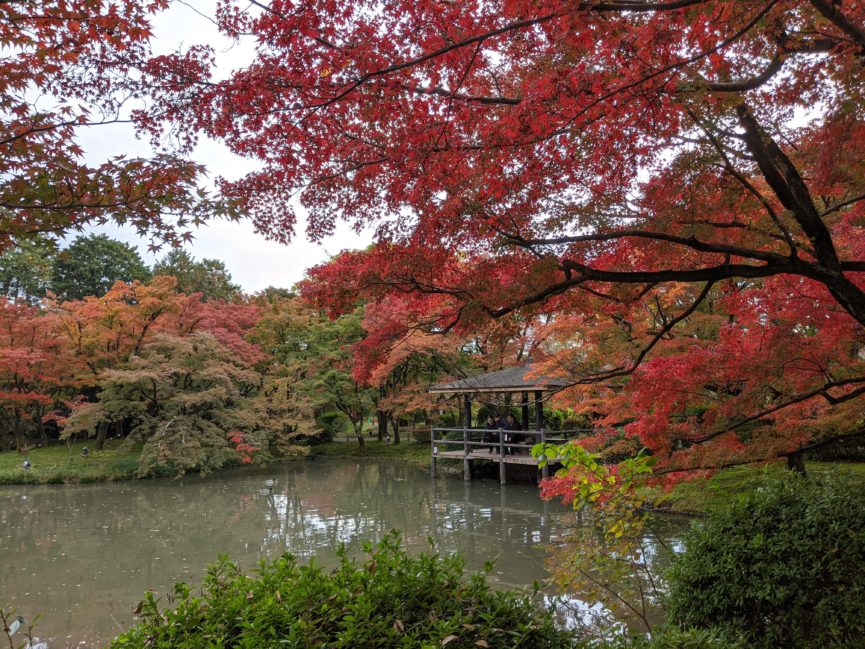To Maya Agata, one of Solo Stove’s first content creators, adventure can be found wherever you are. We tracked down Maya in Okinawa, Japan where she is helping local tourism flourish.
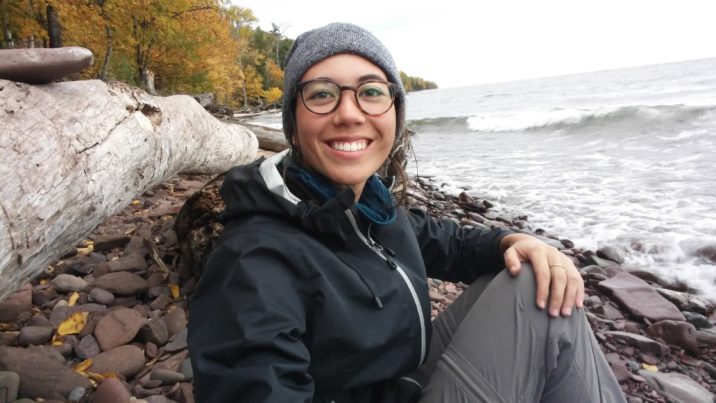
You were one of our first content creators. How did you get involved with Solo Stove?
I got into camping during college. I did a study abroad program that involved three months of camping. After that program, I realized I really needed my own stove. I had used a few different types of stoves after graduating university until I moved to Japan. I was traveling a lot when I first moved here, visiting friends and just seeing the country, and stoves were so handy to have in my pack when I was camping. I was looking for a stove that was flexible. One that I could take on long trips. I did a lot of research until I found out about Solo Stove’s camping stoves.
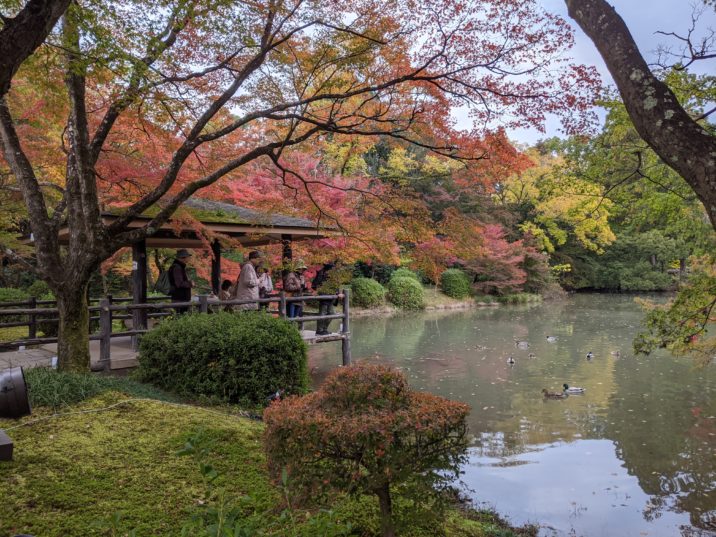
Did you grow up in Japan?
Kind of. I was born in Wisconsin, but my family moved to Japan where my father is from when I was a few months old. We moved back to the States when I was around six. Fast forward to graduating from university in the States, I was working for the U.S. Geological Survey as a summer research tech. And after that was over, I knew I wanted to take vacation to Japan. (Laughing) When I got here, I just decided I would stay.
What do you do now?
I started teaching English at a large language school when I first moved here in Kyoto. In the beginning of 2020, I moved to Okinawa to help start a small English school.
The students are so much fun! I’m currently the only English teacher here, but our students are all ages. One student is three, but we also teach that student’s grandmother. It’s been really fun to see the wide range of ages the school has brought in. The school is a way to bring better English-language resources to Okinawa. Tourism is important in Okinawa, but a lot of the local people don’t have access to English language resources that could help them with their businesses. My friend is starting a non-profit here to help with that, and the school will eventually become part of the non-profit.
How has your love of the outdoors translated to living in Japan?
I lived in Kyoto when I first moved here, and every week I would go hiking or bike through parks and the mountains. One of the reasons I moved to Okinawa is because Okinawa’s nature and wildlife are so beautiful. During the last few summers I’ve worked at a summer camp program affiliated with our school. We bring kids to Okinawa for two weeks to experience a more “American-style” summer camp where they meet other kids, build campfires, go swimming, and just get the full experience of being outdoors.
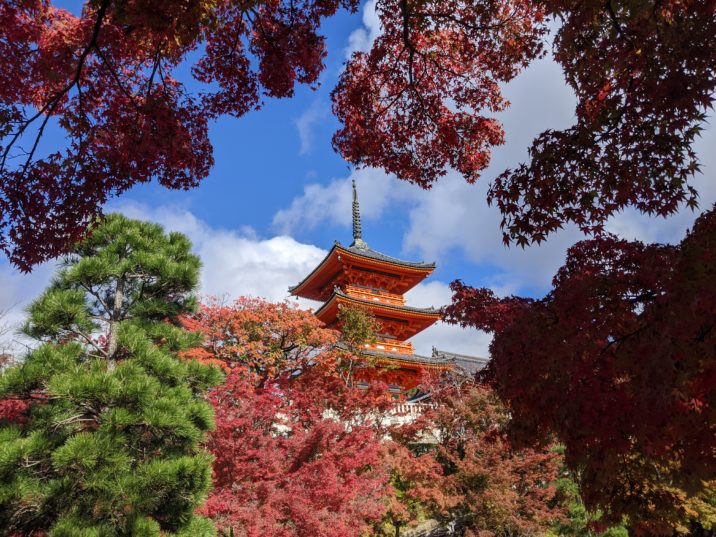
What’s unique about Japanese outdoor culture?
One of the first things I noticed when I started hiking in Japan is that people take the outdoors very seriously. In America, I would take a granola bar or some other food I didn’t have to worry about cooking while I was hiking. When I started going on hikes here, I saw that people who brought a camp stove would whip out multiple containers of food from their packs and spend a couple hours by the fire just to cook one meal. I think the opportunity to kind of stop and appreciate what’s around you is important to campers here. It’s part of what’s inspired me to rely on my Solo Stove. Even if I’m going on a two-hour bike ride, I’ll bring it along to boil water for a cup of coffee or a bowl of noodles during a break.
I’ve also noticed Japanese campers know more about particular types of flowers or wildlife. They’ll even drive hours just to see a rare flower that’s in bloom. My grandma called me one day and said, “This tiny, tiny flower is maybe blooming this weekend, let’s go!” (laughs) A lot of times, I think we focus on finishing the hike or reaching the peak, but the journey towards the end of the trip is just as valuable as the destination.
What inspires you?
It’s important for me to truly experience the places I am in. It’s fun for me to take on new challenges and gain new skills. When I was living in Kyoto, I would visit important cultural landmarks, and even in Japan, I noticed many of my friends saying they had lived in Kyoto their entire life but had never visited those places. I’m inspired by reminding myself I am not just living in Japan for a job. I’m here to learn about the history, people, and food that’s around me.
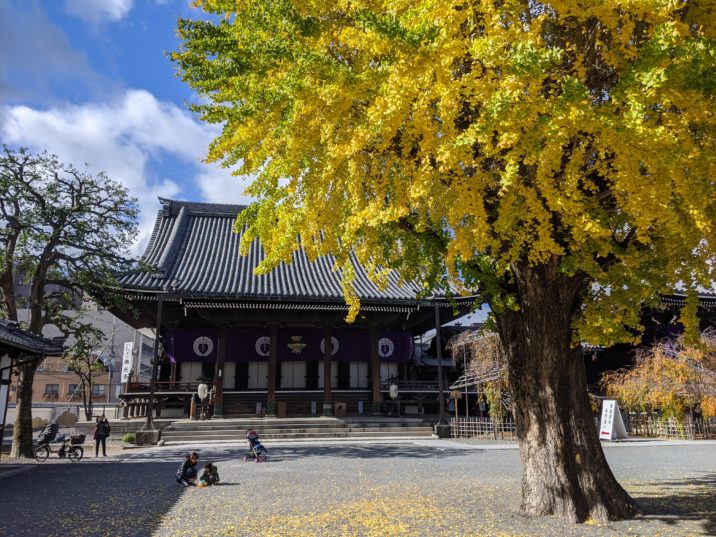
What’s next?
I’m interested in helping ecotourism focused on sustainability practices flourish in Okinawa. There are a lot of tourism businesses in Okinawa, but not many are locally-owned. Mainly that’s because the locals don’t have the English-language resources I mentioned before. The ones who know about the area are the ones who live here and have lived here for generations. It’s important that tourists from around the world are able to hear from them about their region.

